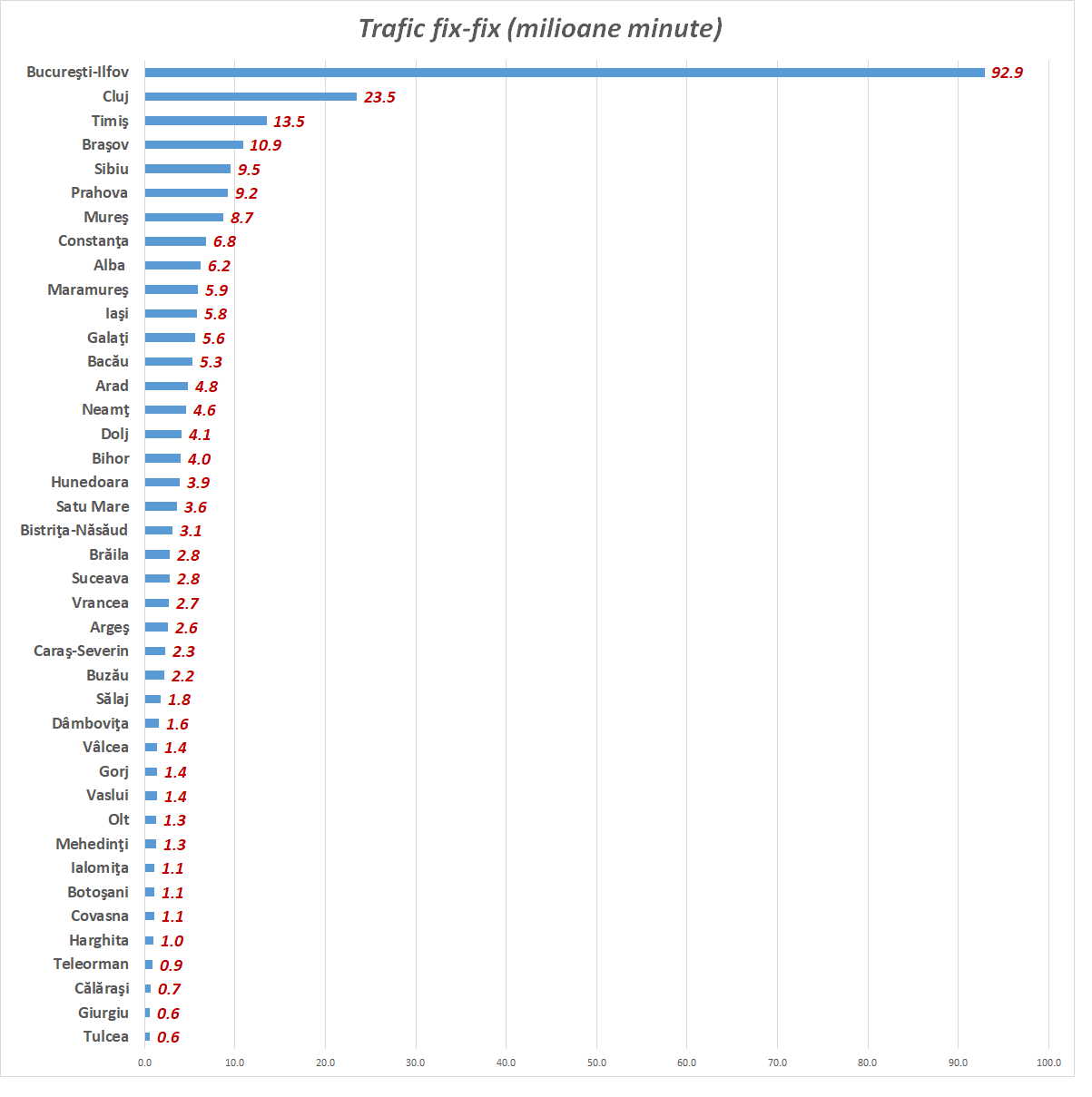
Less than 20 years after the introduction of mobile phones in Romania, landlines have become a rarity, causing more inconvenience than help for some. According to statistics, the number of landline subscribers decreased by approximately 14%.
Indeed, mobile communication is gaining popularity, but the number of minutes is decreasing. However, INS does not measure minutes of calls through apps (WhatsApp, Zoom, Skype, etc.).
However, the landline telephone had an extremely important social role.
“We don’t have landlines anymore,” people say proudly as modernity permeates society, The Atlantic writes. But this was accompanied by a loss: the shared social space that the landline preserved.
“The family landline served as an anchor for the home,” says Luke Fernandez, co-author of Bored, Lonely, Angry, Stupid: Feelings About Technology, From the Telegraph to Twitter. “The house was a place where you could be contacted and where you could pick up your mail.” He also says that with smartphones we have gained mobility, but the social value of the home has been reduced.
“When the phone rang, friends and family would gather around the machine, mesmerized by the sound and wondering who was calling and what they wanted,” says Once Upon a Telephone, a social history of technology. Immediately after the appearance of the telephone, subscribers were forced to call switchboard operators who knew the voices of their customers, and lines were shared with neighbors (who often overheard each other’s conversations). And phone books functioned as a kind of map of the community.
For those who grew up with a landline, calling a friend usually meant talking to their parents first, and answering the call meant talking to a parent’s friend, or perhaps a salesperson or a distant relative. In addition to the development of conversational skills, the phone requires patience and, often, empathy.
Mobile phones, which appeared later on the market, contributed to the “slow death” of fixed communication
In addition, incoming calls, texts and emails stored on mobile phones (or computers and tablets) can now be blocked from other family members. “It keeps everyone separate in their own little techno-cocoons,” says Larry Rosen, a professor of psychology at Cal State University and co-author of “The Weeded Mind: Ancient Brains in a High-Tech World.” While the first landlines connected family members who gathered in the same room, now mobile phones separate them.

The people from Bucharest are also the most “talkative”, followed by people from Timişoara and Klien. On the opposite pole, the residents of Tulcea, Kalaras and Giurgiu spend the least amount of time on landline communication

Older people remember how if you had a “joint” station (two families subscribed to), you often had to wait for the others to finish talking before you could call. If you had an emergency, you would pick up the phone (unless you were some weirdo listening in on the couple’s conversation) and yell, “But sir, hang up on this call, because we want to call too!”.
Those who were from the village often had only one telephone exchange in the village – at the (former) police station, KAP or at the school, where they went to beg the guard to let them make calls, and the guard only allowed them to make calls. chargeback calls.
It is certain that in less than 20 years, the number of fixed positions will decrease more and more. And our children, and especially our grandchildren, will see some stationary device in the museum and ask us what kind of “device” it is.
Source: Hot News RO
Anna White is a journalist at 247 News Reel, where she writes on world news and current events. She is known for her insightful analysis and compelling storytelling. Anna’s articles have been widely read and shared, earning her a reputation as a talented and respected journalist. She delivers in-depth and accurate understanding of the world’s most pressing issues.